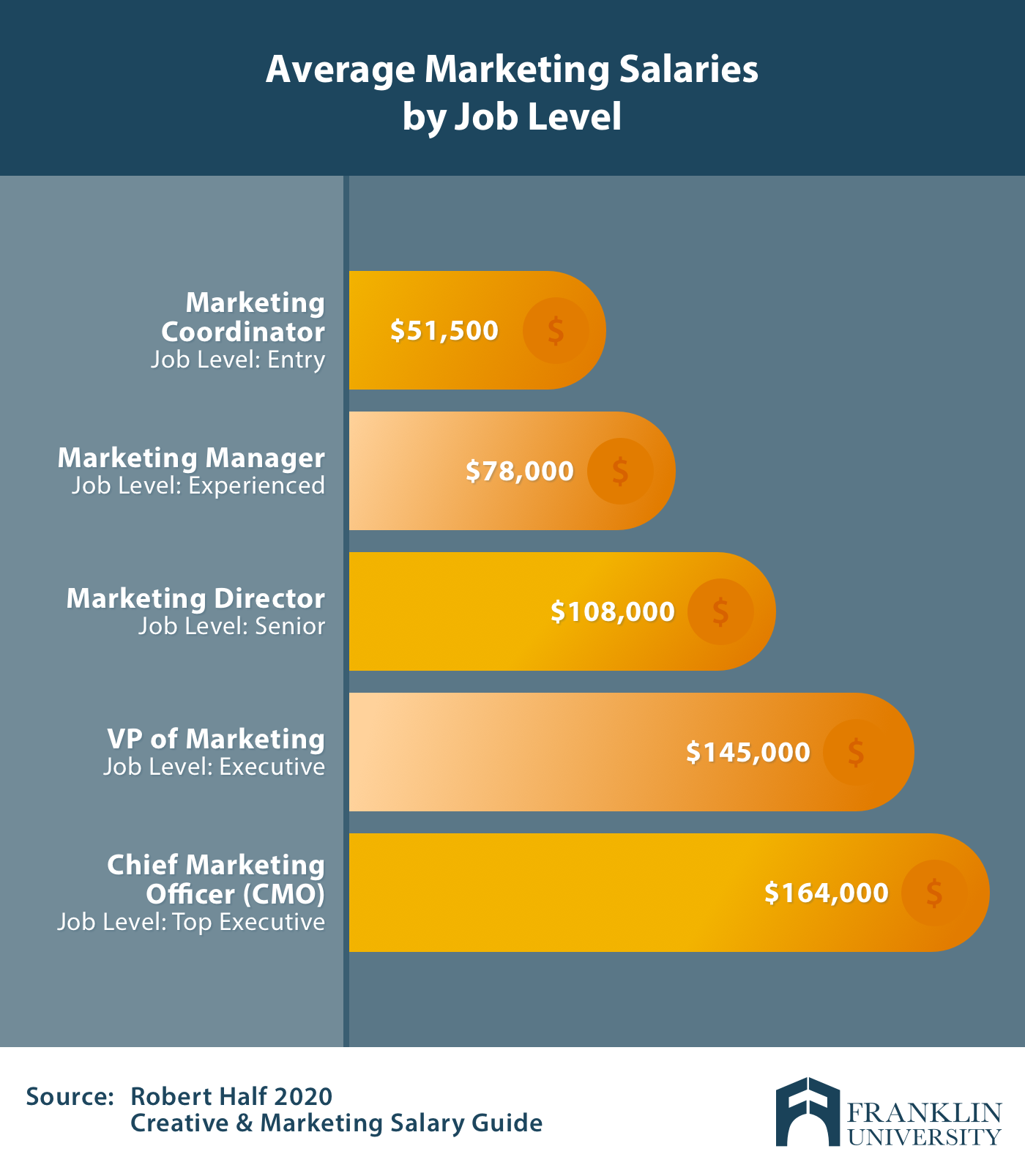In the whirlwind of digital evolution and an ever-shifting job market, making the right educational choices can be as crucial as the strategic decisions made in a marketing campaign. As you contemplate whether to embark on the journey toward a marketing degree, you’re not alone in weighing the pros and cons.
Are Marketing Degrees Worth It? Yes, they often are, especially considering median salaries over $100K & high job growth for marketing professionals. However, this decision depends on personal career goals, the evolving market demands, and other paths to proficiency in marketing.
Join me as we navigate the multifaceted landscape of marketing education, examining the tangible benefits of a degree and exploring alternative routes to success in this dynamic field.
Understanding the Value of Marketing Degrees
When it comes to higher education, the stakes are high. With tuition fees climbing, it’s essential to consider the return on investment for a marketing degree. Let’s break it down:
- Analyzing ROI: A marketing degree opens doors to diverse career opportunities, each with varying salary prospects.
- Costs vs. Potential Earnings: Weigh the expenses against the earning potential—a higher salary can offset the costs over time.
As Forbes points out, “A bachelor of science in marketing builds foundational knowledge and skills that graduates can use in marketing careers or related fields,” indicating a strong foundation for future earnings.

Source: Franklin University
Current Job Market for Marketers
Navigating the job market as a marketer can be as thrilling as developing a viral campaign:
- Demand Across Industries: Marketing skills are applicable in nearly every industry, from tech startups to fashion empires.
- Career Advancement: The job growth and advancement potential in marketing are robust, promising long-term career stability.
According to a guide, “With median salaries over $100K & high job growth, majoring in marketing may be an excellent choice for you.”
The Skills and Knowledge Base Acquired from Marketing Programs
Degree programs aren’t just about the diploma; they’re about the skills:
- Core Competencies: From consumer behavior to strategic planning, marketing programs lay down the groundwork.
- Digital Landscape Alignment: As highlighted by Entrepreneur, “Digital skills are at the top of that list… sadly the programs being taught at universities today are just starting to cover digital marketing.”
Alternative Paths to Marketing Expertise
Certainly, there’s more than one road to Rome—and likewise, more than one way to become a marketing expert:
- Certifications and Bootcamps: These offerings can provide specialized knowledge in a shorter timeframe.
- Industry Experience vs. Formal Education: Real-world experience can be just as valuable, if not more so, than classroom learning.
For those interested, our blog goes deeper into how certifications can complement degrees. Check out Combining Online Educational Courses and Direct Mail Educational Material.
The Debate: Specialized vs. General Business Degrees in Marketing
The question here isn’t just “To be, or not to be,” but to specialize or generalize:
- Focused Skillset: A specialized marketing degree hones specific skills for the field.
- Versatile Knowledge: A general business degree can offer wider knowledge, potentially opening more doors.
“A bachelor of science in marketing builds foundational knowledge and skills that graduates can use in marketing careers or related fields,” as mentioned in Forbes.
Industry Expectations and Employer Preferences
Employers today are scouting for the full package—knowledge backed with hands-on expertise:
- Degree Requirements: Some employers do prefer candidates with formal marketing degrees.
- Practical Skills: In many scenarios, the ability to apply marketing skills can trump academic credentials.
This balance of theory and practice is explored in “Are Marketing Majors in Demand? Forecasting Future Trends” on our blog.
Combining Marketing Degrees with Work Experience
Degrees get you in the door, but experience helps you climb the ladder:
- Internships and Projects: These invaluable experiences can catapult a resume to the top of the pile.
- Employability: Candidates with both academic knowledge and real-world experience tend to be more employable.
“Marketing majors may pull in $50k to $208k a year,” indicates the room for growth with experience, as cited in the 2024 Ultimate Guide.
The Shift to Digital: Preparing Marketers for the Modern Age
Digital marketing isn’t just a buzzword; it’s a necessity in today’s business world:
- Evolving Programs: Marketing degrees are increasingly including digital marketing in their curriculum.
- Tomorrow’s Marketer: The marketer of the future needs to be as digitally savvy as they are strategically minded.
For those looking to jumpstart their digital marketing skills, delve into the “What is Digital Marketing? The Ultimate Guide to Boosting Your Online Presence” on our site.
Entrepreneurship and Marketing Degrees
For the entrepreneurial spirit, marketing knowledge isn’t just helpful—it’s critical:
- Fostering Skills: Marketing education can imbue entrepreneurs with the skills to market their own businesses.
- Mindset Development: Understanding marketing can also shape the strategic mindset necessary for business success.
The application of marketing to entrepreneurship is a theme we often touch upon, as seen in our guide “[PDF Share] From Freelancer to Closing 5 High-Ticket Consulting Clients” at Allbound Marketing.
Conclusion: Making an Informed Decision
Considering everything from ROI to digital prowess, the worth of a marketing degree boils down to personal career goals and the current and projected job market. If the idea of brand storytelling, unraveling consumer behavior, and crafting campaigns that captivate and convert excites you, then a marketing degree could be your ticket to an exhilarating and rewarding career.
Just remember, a degree can open doors, but it’s your skill, adaptability, and continuous learning that will keep you advancing in the dynamic world of marketing. As the famous adage goes, the best marketing doesn’t feel like marketing at all—it feels like a story where you have an integral role to play.

